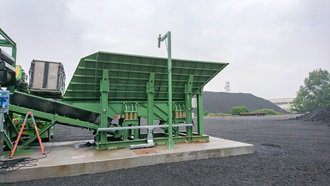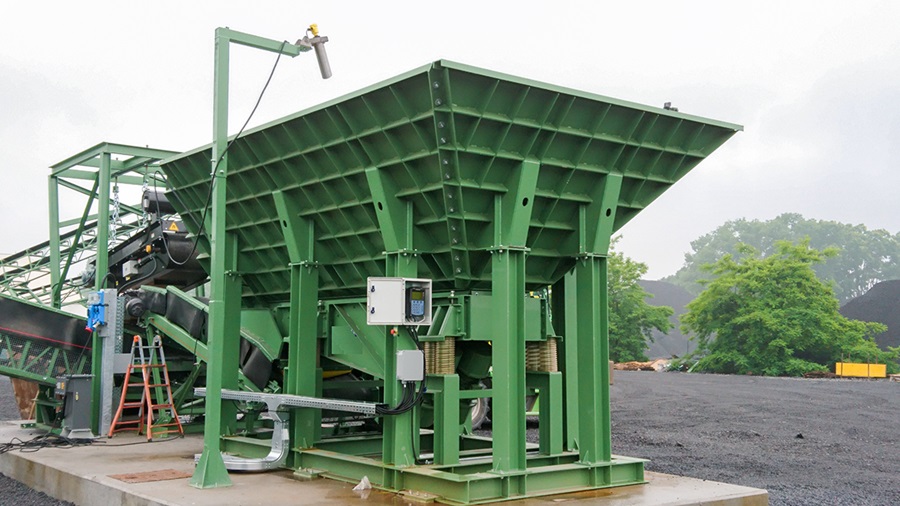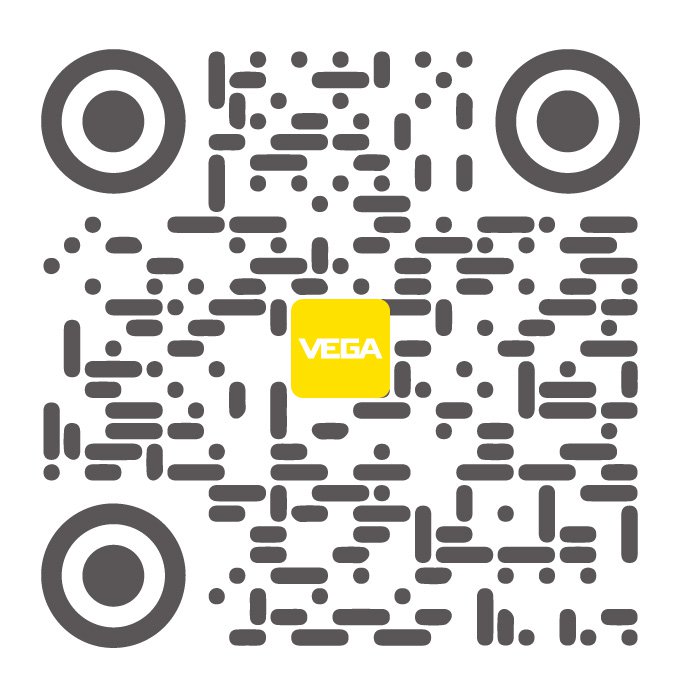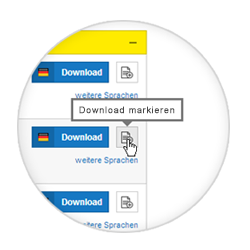VEGA measurement technology for the optimization of stone crushers
Crushers require a lot of energy to produce the finished product. In addition to the actual comminution, processes like pre-washing, cleaning, and sorting, all require energy, too. Thanks to MA-ESTRO's systems, energy consumption per tonne of product is significantly reduced.
They do this through intelligent automation of the entire production chain and real-time data management. MA-ESTRO's systems virtually dismantle the entire crushing process, from the quarry to the end-product, and assess all the individual parameters in the respective processes from every different angle. On average, 15 percent of total energy consumption can be saved by breaking it down in this way.
Gentle processes are good for the end product
Manual intervention in the process is usually difficult, so to continuously monitor the individual process steps, the main goal becomes reducing the load on the machine components. MA-ESTRO's system automatically controls the entire process by connecting all the machines in the system. The sensors installed in the critical areas make it possible to constantly adjust the load in the individual parts of the system. For example, loading is controlled, material flow is adjusted, and any clogging scenario is avoided. This protects the equipment, saves energy, and leads to higher product quality.
Reliable detection of level prevents overloading
The main objective of automated control is to identify and resolve the discrepancies caused by raw material variability.
Ma-estro had previously used sensors from other manufacturers for these tasks. However, these had to be integrated, at great expense, into the existing automation systems. Dust, residual material and moisture cause a lot of interfering reflections. It was a set of circumstances that caused considerable problems for the previously used sensors and thus led to inaccurate measurement. VEGAPULS 69 Free Trial
Installed as a test instrument – retained for permanent use
MA-ESTRO hardly knew anything about VEGA previously. They were convinced to give some new sensors a try, so they installed a few for testing. It wasn't long before MA-ESTRO was convinced. The new technology and the sensors have since found their permanent place in the crushing systems. The measurement engineering team was especially impressed by the simple configuration of the instruments. Thanks to the plics® concept, the standardized user interface independent of measuring principle, the team didn’t have to re-familiarize themselves with the different sensor types over and over again.
VEGAPULS 69, in particular, delivered extremely reliable and accurate measured values – an important prerequisite for starting an optimization of the crushing process. The level sensor operates with 80 GHz and has an antenna diameter of approximately 75 mm. This allows the 80-GHz beam to bypass anything that could otherwise get in the way, such as internal fixtures or buildup on the vessel wall. Plus, it easily penetrates dense clouds of dust. All these factors makes measurements more reliable, especially in the harsh environments found in crushing machines.
On additional feature delighted the Italian company - the option to use wireless communication via Bluetooth. This is especially useful for hard-to-reach areas, harsh industrial environments, and Ex hazardous zones. VEGA sensors can be configured and parameterized from a safe distance with a smartphone or tablet. A fast, easy-to-use display, and diagnostic functions are also available. VEGA technology fit perfectly into MA-ESTRO's optimization environment.
Related applications
Large storage silos
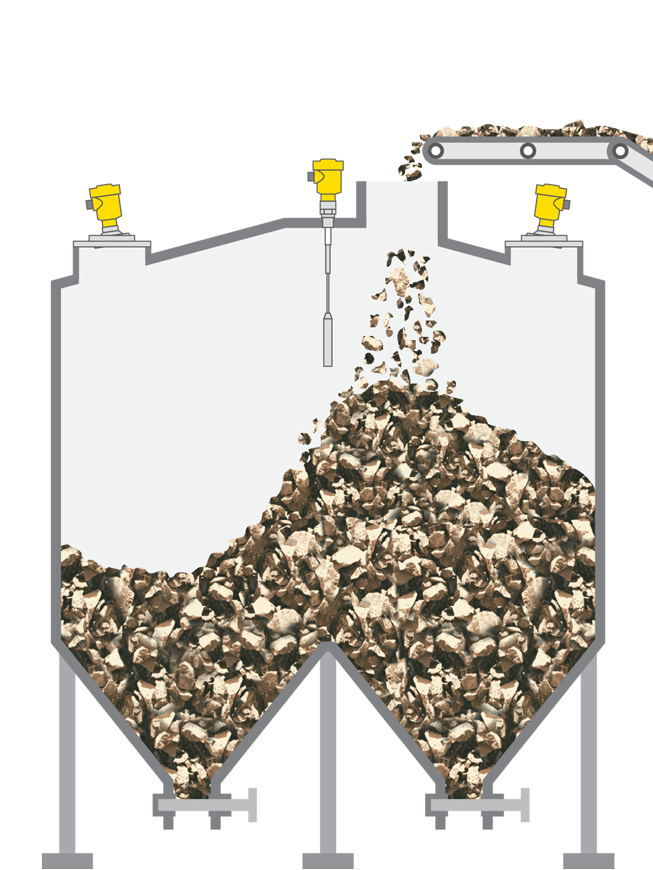
Level measurement and point level detection in large storage silos
To the applicationBulk solids stockpile
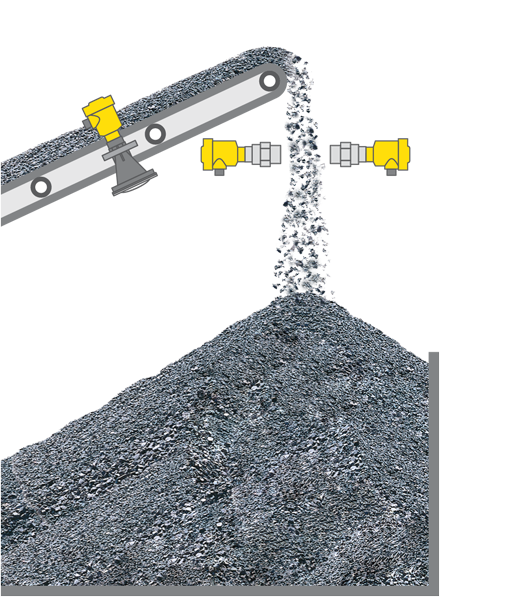
Level measurement of stockpiles
To the applicationCrusher
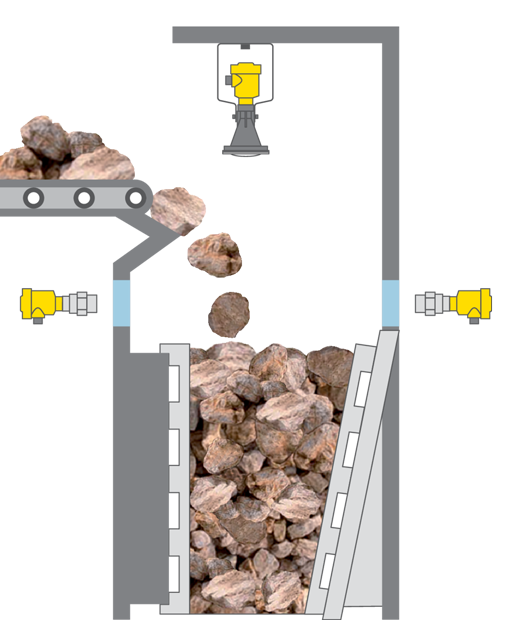
Level measurement and point level detection in the crusher
To the applicationConveyor belt
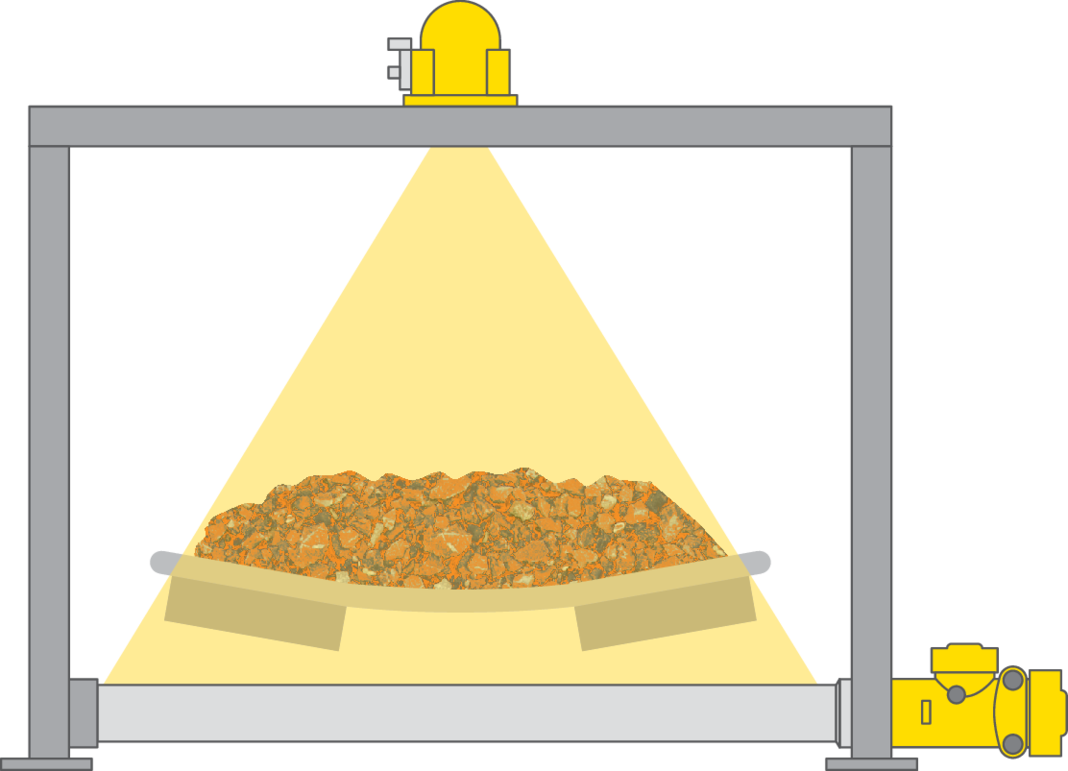
Mass flow measurement on conveyor belts
To the applicationProducts
We need your consent
This content is provided by an external provider. If you activate the content, personal data may be processed and cookies set.
Export this article
Download as PDFShare this article
Comments ({{comments.length}})
{{getCommentAuthor(comment, "Anonymous")}} {{comment.timestamp | date : "dd.MM.yyyy HH:mm" }}
{{comment.comment}}

